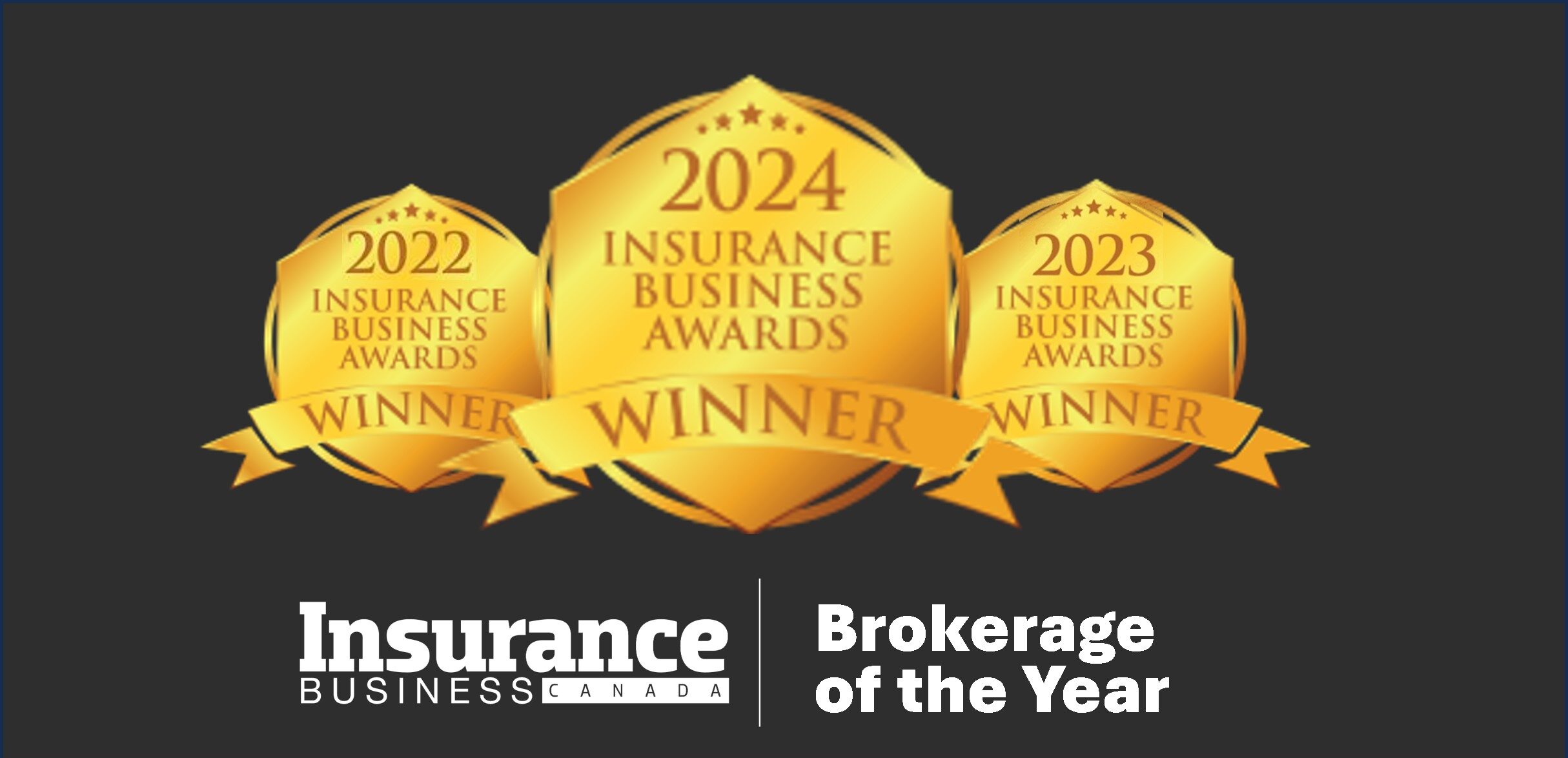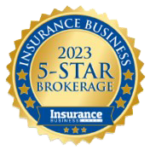Cruise Control Safety
Cruise control is a feature that is available on the majority of vehicles on the road today. Cruise control, sometimes known as speed control or auto cruise, is a system that automatically controls the speed of a motor vehicle. It allows the driver to maintain the vehicle’s speed without applying or holding pressure to the gas peddle. When used correctly and responsibly, cruise control has many benefits, such as reduced fuel consumption, maintaining a constant speed, and driving below the speed limit.
But, to operate a vehicle safely, there are several procurations that you need to follow when cruise control is activated:
- Do not under any circumstance take your eyes off the road.
- Ensure that you read the owner’s manual to properly use the cruise control on the make and model of the specific vehicle you are driving.
- Evaluate driving conditions – Cruise control is not designed to be used in adverse weather conditions such as snow, ice, rain, fog, etc.
- Do not set the cruise control above the posted speed limit.
- Do not use cruise control on roads with sharp or frequent turns.
- Do not use if you, the driver, are tired or drowsy.
- Do not use in high-traffic areas with the potential for stop-and-go traffic.
- Ensure you leave adequate spacing between you and the vehicle in front of you. Your reaction time decreases by almost five seconds.
For more information on Cruise Control, visit https://tc.canada.ca/en/road-transportation/driver-assistance-technologies/adaptive-cruise-control.
Related News
Recent News
Temporary Office Closure and System Maintenance – October 23–24th, 2025
As part of our exciting relocation to our newly renovated Head Office at 187 Kenmount Road, St. John’s, Munn Insurance will be completing a major IT and phone server migration this month. To complete this [...]
It’s Not Just Price: What Really Matters When Choosing Home & Auto Insurance
Let’s be honest — price is usually the first thing people look at when shopping for home or auto insurance. And that’s completely fair. No one wants to pay more than they have to. But [...]
The Real Costs of ATV Accidents on City Streets in NS and NL
We’re seeing a growing and concerning trend in communities across Newfoundland and Labrador and Nova Scotia: more and more people — especially youth — are driving ATVs, dirt bikes, and other off-road vehicles on public [...]












